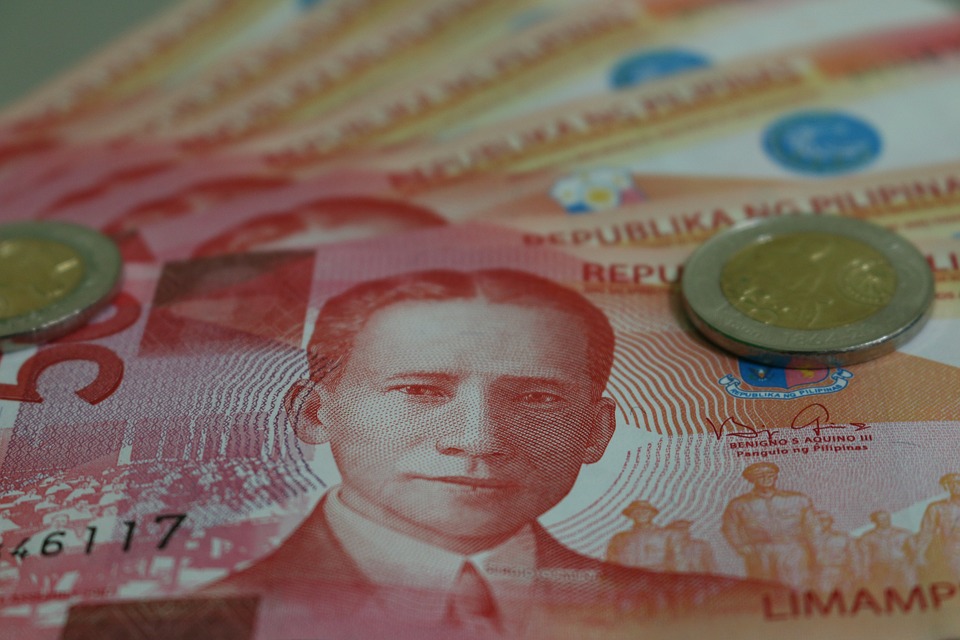Business and Economy
Some major supermarkets hike prices beyond TRAIN level: DTI
MANILA — Some major supermarkets were found to have jacked up prices beyond the required levels of some items covered by the first package of tax reform law, an official of the Department of Finance (DOF) said, citing reports from the Department of Trade and Industry (DTI).
Finance Undersecretary Karl Chua said DOF is in constant coordination with other agencies, and DTI has submitted a report that eight major groceries in Metro Manila “were issued inquiry letters for prices higher than SRP (suggested retail price).”
“Of the eight, three already agreed that their prices were too high so they adjusted and the five are still going to respond,” he said, but declined to identify the supermarkets.
Chua said it would be hard for the government to monitor all business establishments so they initially focused on major stores, particularly in Metro Manila.
He said there were no major price movements in the provinces, citing that inflation uptick in Areas Outside the National Capital Region (NCR) is about 3.5 percent compared to the 5.4 percent in NCR.
The first package of the Tax Reform for Acceleration and Inclusion (TRAIN) law took effect January 1, 2018.
It cut workers’ income tax rate, giving them a free rate for their first PHP250,000 annual income, while the tax rate on the excess income depends on how much is in excess of the tax-free amount.
To counter the impact of the personal income tax cut on government revenues, excise taxes on fuel and sugar-sweetened beverages, among others, were hiked.
Regulators have reminded businessmen not to take advantage of the tax reform law, noting that their existing inventories were bought using the old tax rates.
While old stocks of sugar-sweetened beverages and oil products are not expected to go up until around this month, it does not cover sin products which was the main driver of inflation rate last January, Chua said.
Data from the Philippine Statistics Authority (PSA) showed that food and non-alcoholic beverages rose by 5.2 percent last January but the alcoholic beverages and tobacco index posted a double-digit rate of 12.2 percent.
Upward adjustments in the country’s sin taxes were approved by lawmakers in 2012, with excise tax on cigarettes alone rising to PHP12 per pack in 2013, PHP15 in 2014, PHP18 in 2015, PHP21 in 2016 and PHP30 in 2017.
Starting 2018, tax rates on cigarettes are mandated to rise by four percent annually and this will be through revenue regulations to be issued by the DOF Secretary.
DOF Undersecretary Gil Beltran also said sin products registered faster inflation rate “as major producers started complying with sin taxes.”
“They have to recoup and pay all the taxes… They have to pay and that’s the main reason (for the uptick in inflation),” he said.
Beltran said prices of oil also went up but this is not mainly due to TRAIN but the sustained upward movements in the international oil market, with the November to December 2017 prices rising by around 10 percent.
The PSA reported that index for housing, water, electricity, gas and other fuels rose by 0.1 percent last January after a 0.1 percent drop last December.
The food index also posted faster rate due to weather-related factors and most affected are the supplies of fish and vegetables.
“Meals eaten outside the home and some items for personal care also went up in many regions,” he said, noting that “upward adjustments in ship fares were likewise seen in many provinces.”
“Lower charges in electricity rates were, however, noted in NCR and in many provinces during the month,” it added.
Chua said electricity from coal-powered sources is estimated to rise by about PHP2 per 100 kilowatt per hour usage and including other charges this should only contribute to around PHP15 uptick from PHP9.60 per kilowattt hour in the previous month’s rate.






















